Training courses
We have been supporting capacity building and conducting training courses for more than a decade. Correspondingly, we have built up rich experience in tailoring courses to different levels of technical expertise, local contexts, and other specific needs of our clients. We also develop materials, manuals, and guidebooks on energy planning and energy systems modelling. In general, our training courses fall into three categories:
- Technical training on the energy systems optimization model Veda-TIMES (the most popular)
- Technical training on other energy systems tools (e.g. we delivered training on OSeMOSYS in Addis Abeba)
- Training introducing energy planning techniques and focusing on how this can support energy planning (e.g. training delivered to GIZ staff)
We offer capacity building to ensure a smooth handover of our customized energy systems models. Correspondingly, we support the building up of local modelling expert teams. Our training courses span from two-day to three-week long courses and can be both online and on-site.
Scope
Energy system models can support energy planning and the development of Long-Term Energy Strategies and strategies for decarbonization. Energy system models make it possible to identify and analyze energy system transition pathways based on different criteria. Simultaneously, the models allow you to test various macroeconomic assumptions and the impact of policy decisions and targets. Combined with careful scenario analysis, energy system models enable analysts and policymakers to identify the most promising measures to reduce emissions. Professionals and experts working in the field of energy planning can benefit from insights into energy systems modelling.
- Basic knowledge allows you to understand the general principles of energy systems modelling. You also get an understanding of how the use of energy systems models can support energy planning. Training courses at this level introduce you to the different kinds of models, which sectors they cover, the data input, and the role of assumptions. You will also be able to analyze scenarios generated by a model.
- Advanced knowledge allows you to use an energy systems model and generate scenarios.
- With in-depth knowledge, you can maintain and update an energy systems model and the most elementary steps towards building a model.
Methodologies
We aim to alternate between theoretical introductions, descriptions, and hands-on and Q&A sessions. When required, we develop written materials such as manuals and guidebooks.
Models and tools
For more detailed descriptions of the models and tools that we conduct training courses on, please take a look at the section “Models and tools”.
Our Worldwide Training Experience
We have rich training experience in 39 countries around the world, including Asia, Europe, North and South America, Africa, and Oceania.
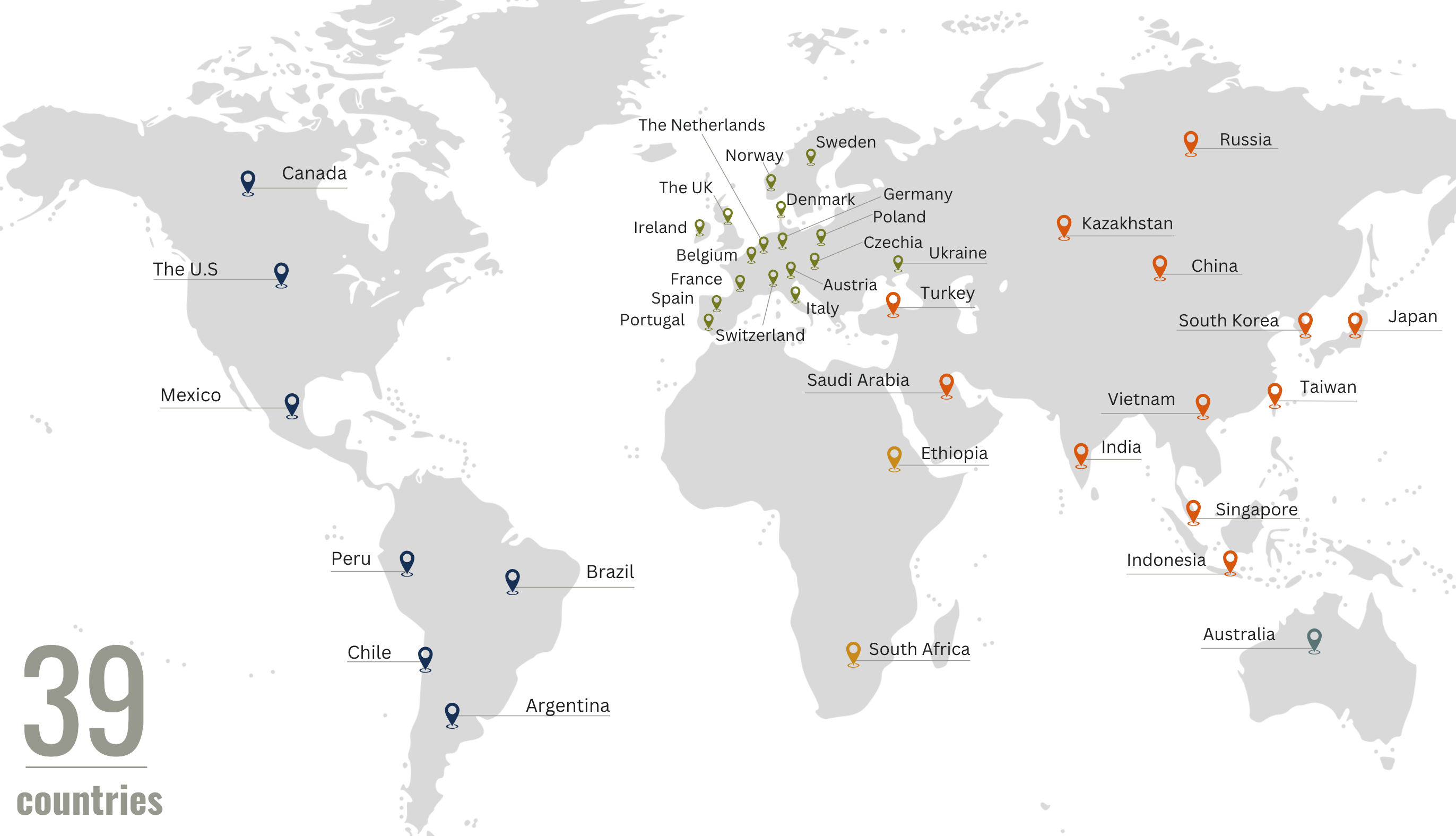
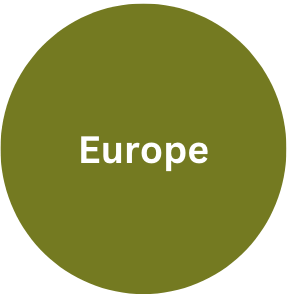 |
 |
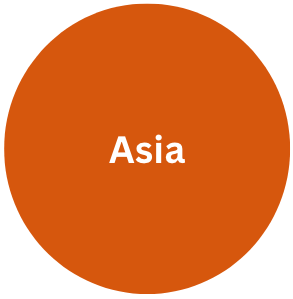 |
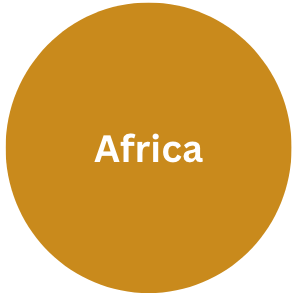 |
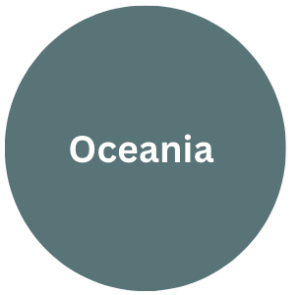 |
| Austria | Argentina | China | Ethiopia | Australia |
| Belgium | Brazil | India | South Africa | |
| Czech Republic | Canada | Indonesia | ||
| Denmark | Chile | Japan | ||
| France | Mexico | Kazakhstan | ||
| Germany | Peru | Russia | ||
| Ireland | USA | Saudi Arabia | ||
| Italy | Singapore | |||
| Netherlands | South Korea | |||
| Norway | Taiwan | |||
| Poland | Turkey | |||
| Portugal | Vietnam | |||
| Spain | ||||
| Sweden | ||||
| Switzerland | ||||
| Ukraine | ||||
| United Kingdom |
